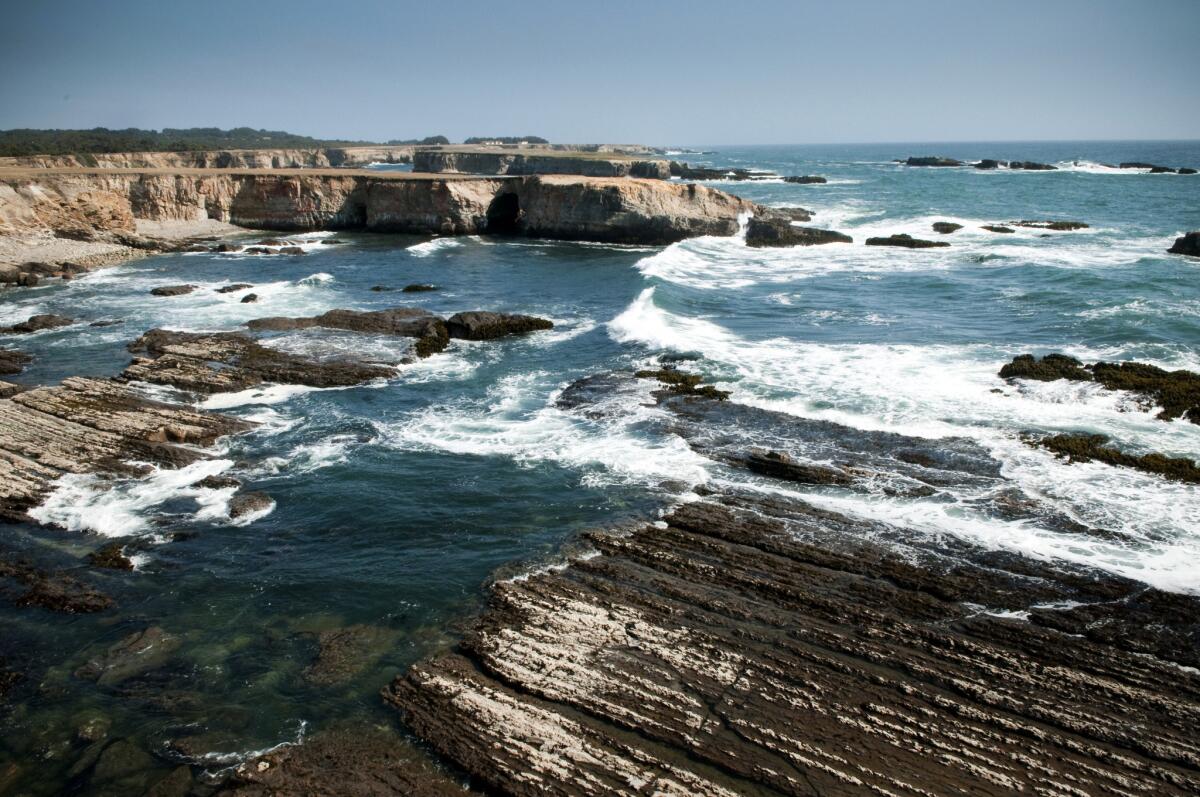Hey, Congress, leave the national monuments system alone, will ya?

It’s hard to imagine a successful scenario for congressional Republicans’ latest inane effort to undermine conservation — and the Obama administration — but this little gambit is worth noting. And shouting down.
The bill has one of those populist, good-government-sounding names that you just know masks a hidden agenda: Ensuring Public Involvement in the Creation of National Monuments Act. Who could be against that? Well, once you read the bill, just about anyone who cares about preserving public lands.
The bill, House Resolution 1459, effectively strips the president’s authority under the Antiquities Act of 1906 to move with speed — not Congress’ strong suit — to preserve lands that are deemed of public interest. The administration did just that two weeks ago by adding 1,665 acres of federal land north of Mendocino County’s Point Arena to the California Coastal National Monument. Notably, it acted because Congress failed to.
Under the law moving through Congress, President Obama still would have been able to make that designation because it was so small. But the proposed law would force a new review process for any such designations of more than 5,000 acres.
Dissenting Democrats added this contrary view to the majority in the report from the Natural Resources Committee:
H.R. 1459 is a disingenuous proposal to weaken the president’s authority to establish National Monuments under the Antiquities Act. The bill would apply the National Environmental Policy Act (NEPA) to future presidential monument declarations. While the majority has repeatedly sought to truncate or prohibit environmental reviews for drilling and mining, H.R. 1459 aims to require heightened environmental analysis for potentially time-sensitive conservation proposals.
H.R. 1459 would deem a monument designation above 5,000 acres a major federal action, requiring environmental review. The bill also limits the president to one monument designation per state, per year. These arbitrary hurdles are only intended to undermine the Antiquities Act and slow down conservation. Congress passed the Antiquities Act of 1906 to give presidents the latitude to protect historically and culturally significant sites. Previous Congresses understood the importance of allowing the executive branch to move quickly to conserve resources, particularly given the pace of congressional action.
Sixteen presidents, both Republicans and Democrats, have used the Antiquities Act to establish national monuments. Some of the nation’s most cherished and visited national parks, including the Grand Canyon, were first designated national monuments because past presidents had the foresight to set them aside. Presidents have used the Antiquities Act to protect resources central to the American story and identity, including Native American sacred sites, historic battlefields, and natural treasures like the Grand Staircase Escalante. With the Cesar E. Chavez National Monument and the Harriet Tubman National Monument, among others, recent declarations by President Obama have included sites significant to an even more diverse range of American communities.
The bill could well pass the House; anything is possible in a legislative body that has voted dozens of times to repeal the Affordable Care Act, a dead-horse issue given the makeup of the Senate and Obama’s guaranteed veto. But like those efforts, it’s hard to imagine this bill getting much further than the corroded minds of the House members who are pushing it.
Which brings us to the basic question: Why is Congress wasting so much time and energy on petulance, at the cost of doing something meaningful about creating jobs, fighting global warming, protecting privacy and a host of other A-level issues?
Maybe what we need is an Ensuring Public Memory of Congressional Inanities Act.
ALSO:
Spy wars on Capitol Hill: Feinstein vs. the CIA
Daum: Media judgment, like Flight 370, has vanished
Yoda speaks out on ‘Star Wars’ remake: ‘A bad idea this is, I fear’
Follow Scott Martelle on Twitter @smartelle
More to Read
A cure for the common opinion
Get thought-provoking perspectives with our weekly newsletter.
You may occasionally receive promotional content from the Los Angeles Times.











